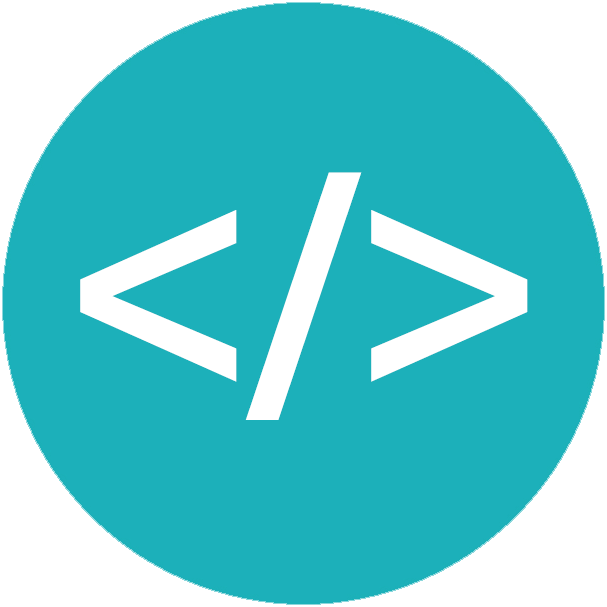Join us on the Community Forums!
-
Community Guidelines
The Fitbit Community is a gathering place for real people who wish to exchange ideas, solutions, tips, techniques, and insight about the Fitbit products and services they love. By joining our Community, you agree to uphold these guidelines, so please take a moment to look them over. -
Learn the Basics
Check out our Frequently Asked Questions page for information on Community features, and tips to make the most of your time here. -
Join the Community!
Join an existing conversation, or start a new thread to ask your question. Creating your account is completely free, and takes about a minute.
Not finding your answer on the Community Forums?
- Community
- Developers
- SDK Development
- Delay on messaging and watch face
- Mark Topic as New
- Mark Topic as Read
- Float this Topic for Current User
- Bookmark
- Subscribe
- Mute
- Printer Friendly Page
- Community
- Developers
- SDK Development
- Delay on messaging and watch face
Delay on messaging and watch face
ANSWERED- Mark Topic as New
- Mark Topic as Read
- Float this Topic for Current User
- Bookmark
- Subscribe
- Mute
- Printer Friendly Page
10-12-2017 15:24 - edited 10-13-2017 19:39
- Mark as New
- Bookmark
- Subscribe
- Permalink
- Report this post
10-12-2017 15:24 - edited 10-13-2017 19:39
- Mark as New
- Bookmark
- Subscribe
- Permalink
- Report this post
I am developing a watch face that connects to an API and retrieve tide info for the location of the phone. It is mainly for me, but I will be happy to make it available on the store.
I am having issues with a couple of things, and I would like to solve them before moving ahead with the development of it. Basically the it has a delay that happens at first run from studio, and every time I launch an app and go back to the watch face.
1. The clock takes a second or two before displaying time.
2. Tides takes a few seconds before being displayed.
3. When developing using console.log to check messages and var, the first time it runs well and display values. Then I have to run it few times before console.log shows something. It seemed to have improved once I changed the package.json to watchface, but I was wondering if the behavious is normal or code related.
Answered! Go to the Best Answer.
 Best Answer
Best AnswerAccepted Solutions
10-13-2017 10:51
- Mark as New
- Bookmark
- Subscribe
- Permalink
- Report this post
 Fitbit Developers oversee the SDK and API forums. We're here to answer questions about Fitbit developer tools, assist with projects, and make sure your voice is heard by the development team.
Fitbit Developers oversee the SDK and API forums. We're here to answer questions about Fitbit developer tools, assist with projects, and make sure your voice is heard by the development team.
10-13-2017 10:51
- Mark as New
- Bookmark
- Subscribe
- Permalink
- Report this post
Hey,
Don't nest the event handler inside your updateClock method.
You only subscribe to the tick event once, and update is called each time the tick event is emitted.
function updateClock(evt) {
myDate.innerText = (evt.date.toString().slice(0,4)) + (evt.date.toString().slice(8,10));
var hours = evt.date.getHours() > 12 ? evt.date.getHours() - 12 : evt.date.getHours();
hours = hours < 10 ? "0" + hours : hours;
var minutes = ("0" + evt.date.getMinutes()).slice(-2);
myTime.innerText = hours + ":" + minutes;
};
clock.ontick = function(evt) {
updateClock(evt)
};
 Best Answer
Best Answer10-13-2017 10:51
- Mark as New
- Bookmark
- Subscribe
- Permalink
- Report this post
 Fitbit Developers oversee the SDK and API forums. We're here to answer questions about Fitbit developer tools, assist with projects, and make sure your voice is heard by the development team.
Fitbit Developers oversee the SDK and API forums. We're here to answer questions about Fitbit developer tools, assist with projects, and make sure your voice is heard by the development team.
10-13-2017 10:51
- Mark as New
- Bookmark
- Subscribe
- Permalink
- Report this post
Hey,
Don't nest the event handler inside your updateClock method.
You only subscribe to the tick event once, and update is called each time the tick event is emitted.
function updateClock(evt) {
myDate.innerText = (evt.date.toString().slice(0,4)) + (evt.date.toString().slice(8,10));
var hours = evt.date.getHours() > 12 ? evt.date.getHours() - 12 : evt.date.getHours();
hours = hours < 10 ? "0" + hours : hours;
var minutes = ("0" + evt.date.getMinutes()).slice(-2);
myTime.innerText = hours + ":" + minutes;
};
clock.ontick = function(evt) {
updateClock(evt)
};
 Best Answer
Best Answer